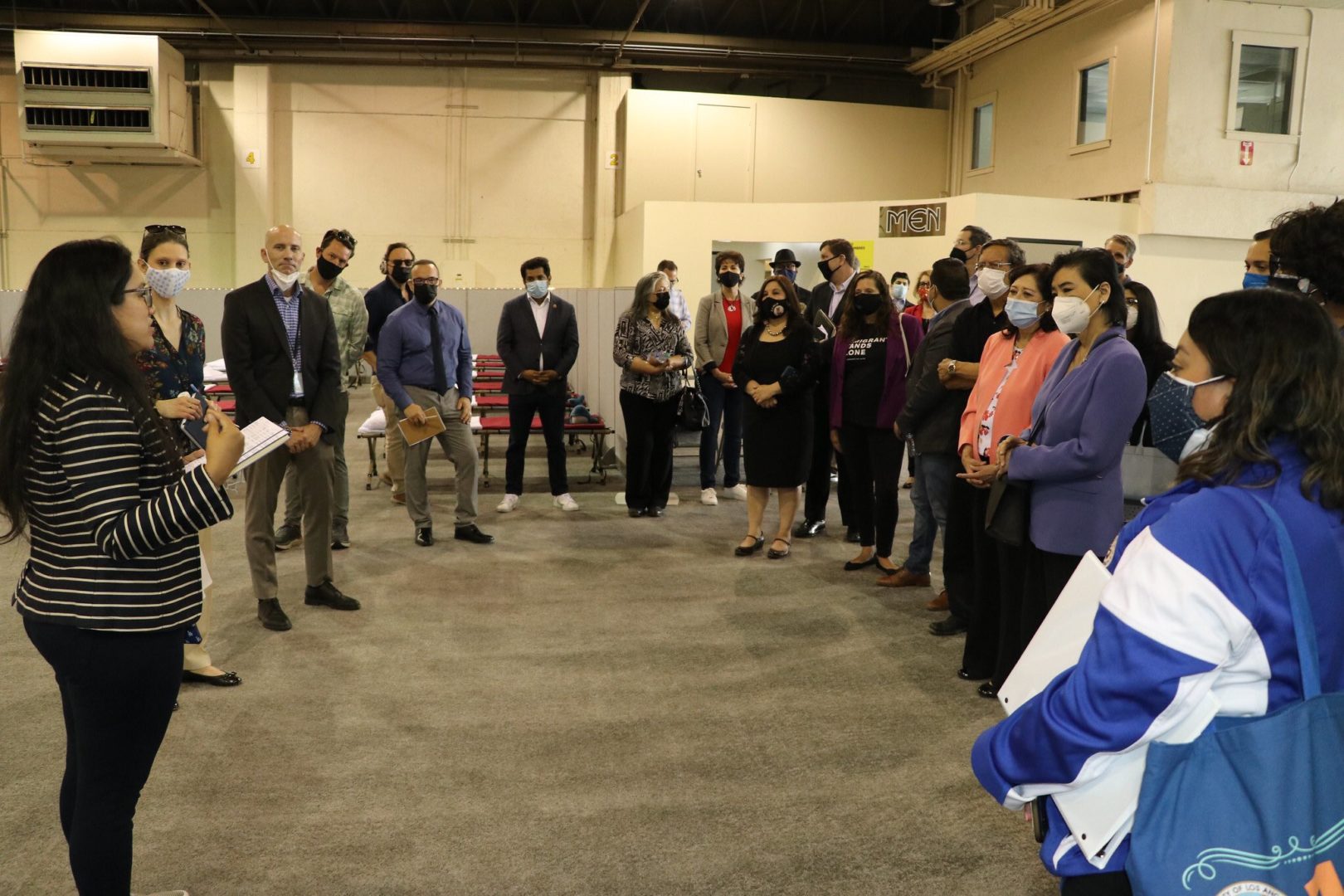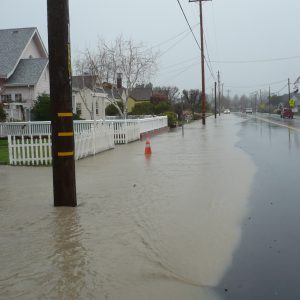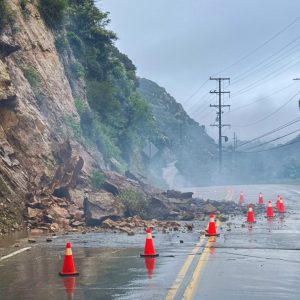 View Winners →
View Winners → 
The federal government continues to detain migrant children indefinitely in makeshift facilities that are unsafe, unsanitary and damaging to children’s physical and mental well-being, two immigrant rights groups alleged in a court filing Monday that calls on a Los Angeles judge to enforce legal safeguards.
The motion to enforce, filed in Los Angeles federal court, asks the court to enforce the landmark 1997 Flores Settlement Agreement, which established basic standards of care for children in immigration custody.
The filing includes first-hand accounts from dozens of children living in the government’s so-called Emergency Intake Sites, as well as testimony from legal service providers, federal whistleblowers, and children’s mental health experts that detail abhorrent and unacceptable conditions and treatment.
The U.S. Department of Health and Human Services began opening EIS facilities in March 2021 and at one point operated as many as 14, with four remaining in operation.
An emergency shelter at the Long Beach Convention Center closed last month and another HHS shelter for migrant children is still operating at Fairplex in Pomona.
The sites were reportedly intended as an emergency stopgap in response to a lack of space at licensed facilities. As of July 21, at least 717 of the more than 4,500 children detained in EIS facilities had been there for more than 20 days, including 63 who had been detained for more than 40 days, according to the immigrant rights groups.
There was no immediate response to a message seeking comment from HHS sent after regular business hours.
A court hearing regarding the matter is scheduled for Sept. 10 in Los Angeles.
NCYL has interviewed more than 180 children detained in EIS facilities over the last five months. Many of the children who are held in two of the remaining EIS facilities report that they or their peers have been denied access to education, recreation, adequate food, and health care, among other basic needs.
Often, the sites have little to no oversight from trained staff — many workers only speak English and are unable to talk to children in their care — and some children unnecessarily languish for weeks or months with little communication with their families or caseworkers, the group alleges.
“For months, the children we have met with at the EISs have shared one horror story after the next,” said Leecia Welch, senior director of child welfare and legal advocacy at NCYL.
“Children have described spending the bulk of the day on or around their cots crammed in massive tents with hundreds of other children, suffering escalating anxiety attacks from the stress of the harsh EIS environment, going weeks without clean clothes or underwear, and spending months without going outside for some fresh air. While some of the unsafe EIS facilities have been closed, mega tent encampments and mining man-camp sites like Fort Bliss and Pecos remain open with no end in sight.”
In declarations submitted to the court, children, some with special needs, also report being held for extended stays, sometimes 60 days or more. This occurs even with children who have family members ready to receive them and despite the government’s acknowledgement that EIS facilities were not meant for long-term care. This is especially troubling given that the government reports having over a thousand available placements in licensed care facilities that could meet the needs of the children who are currently being harmed in EIS facilities.








































































































